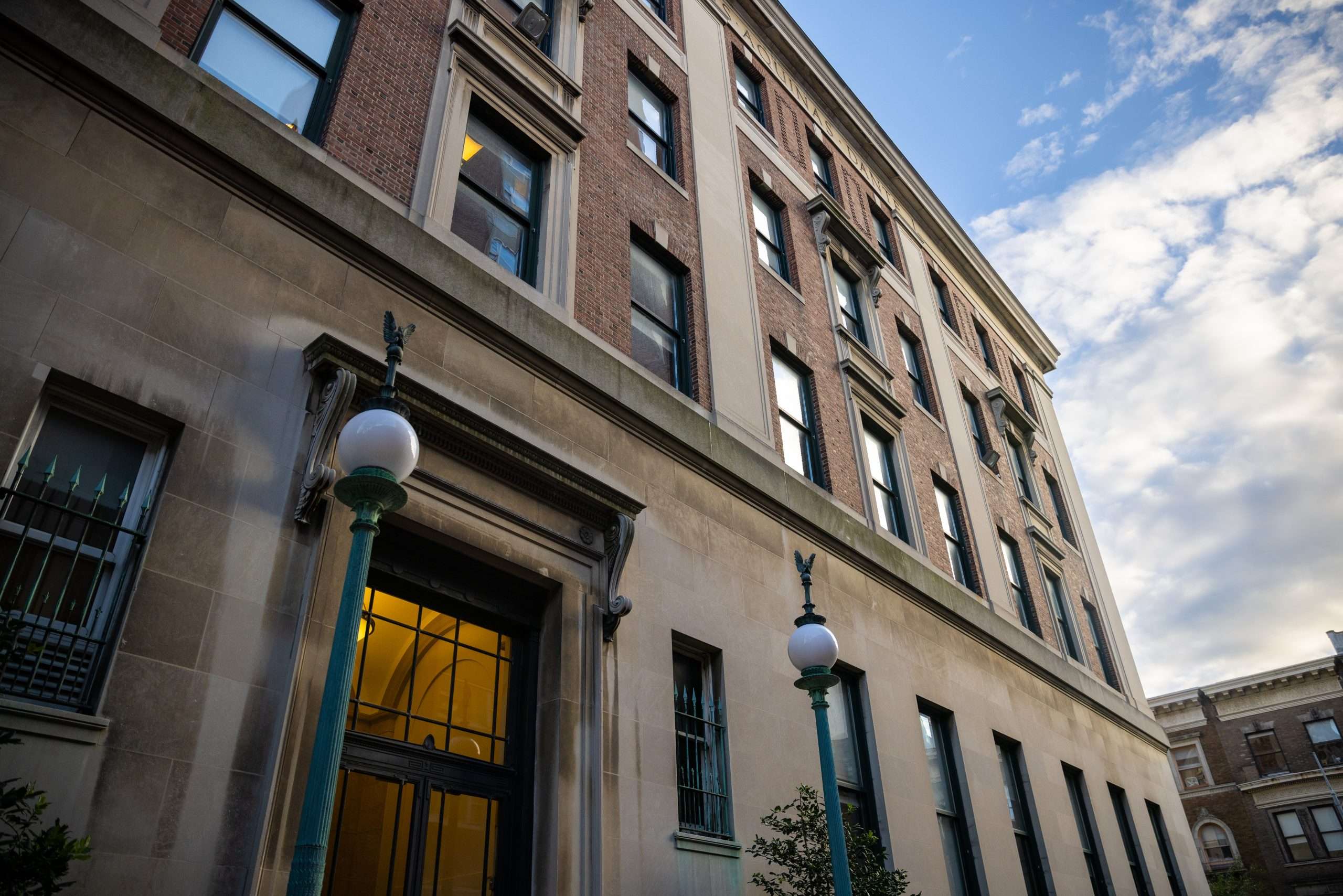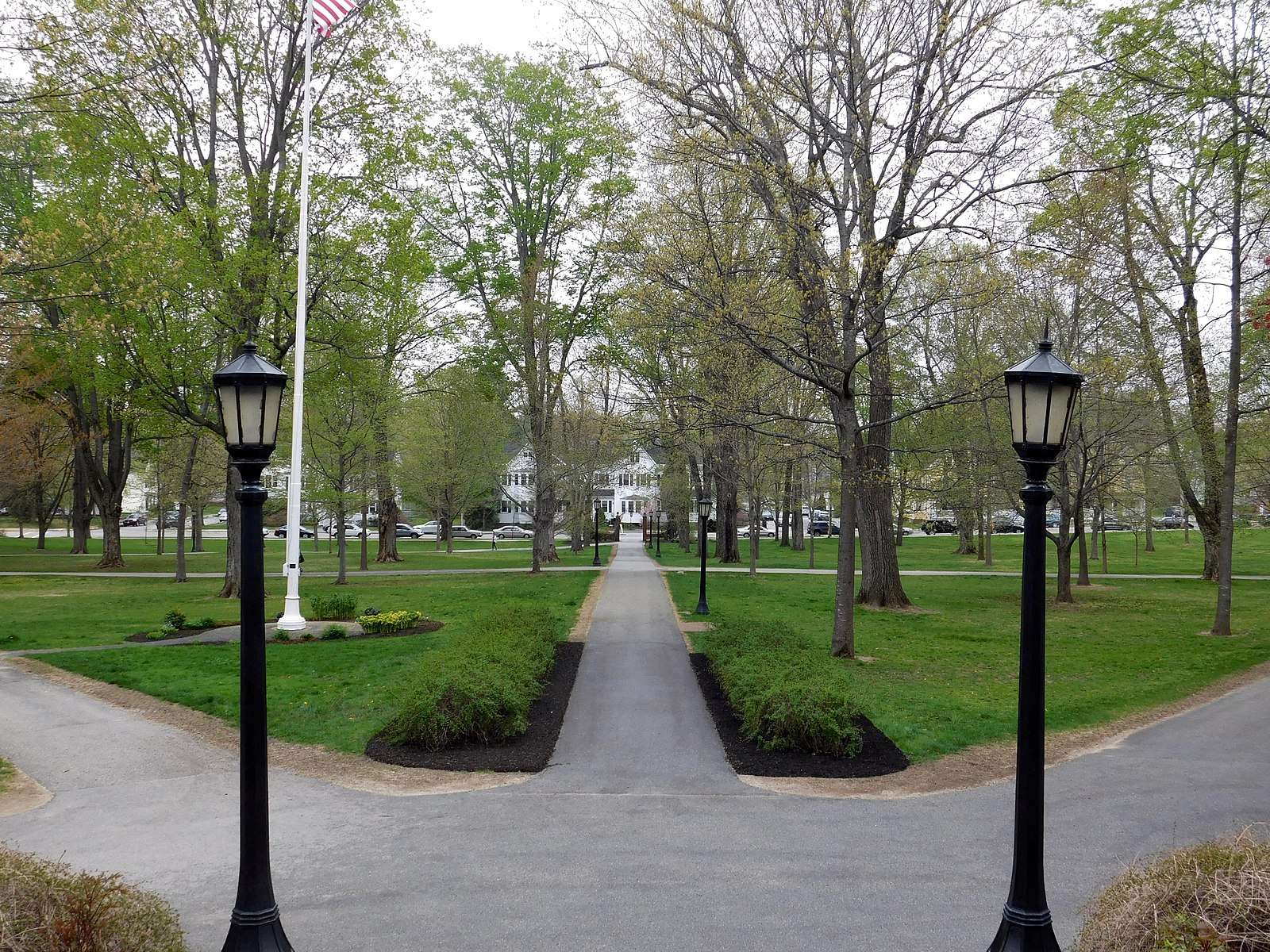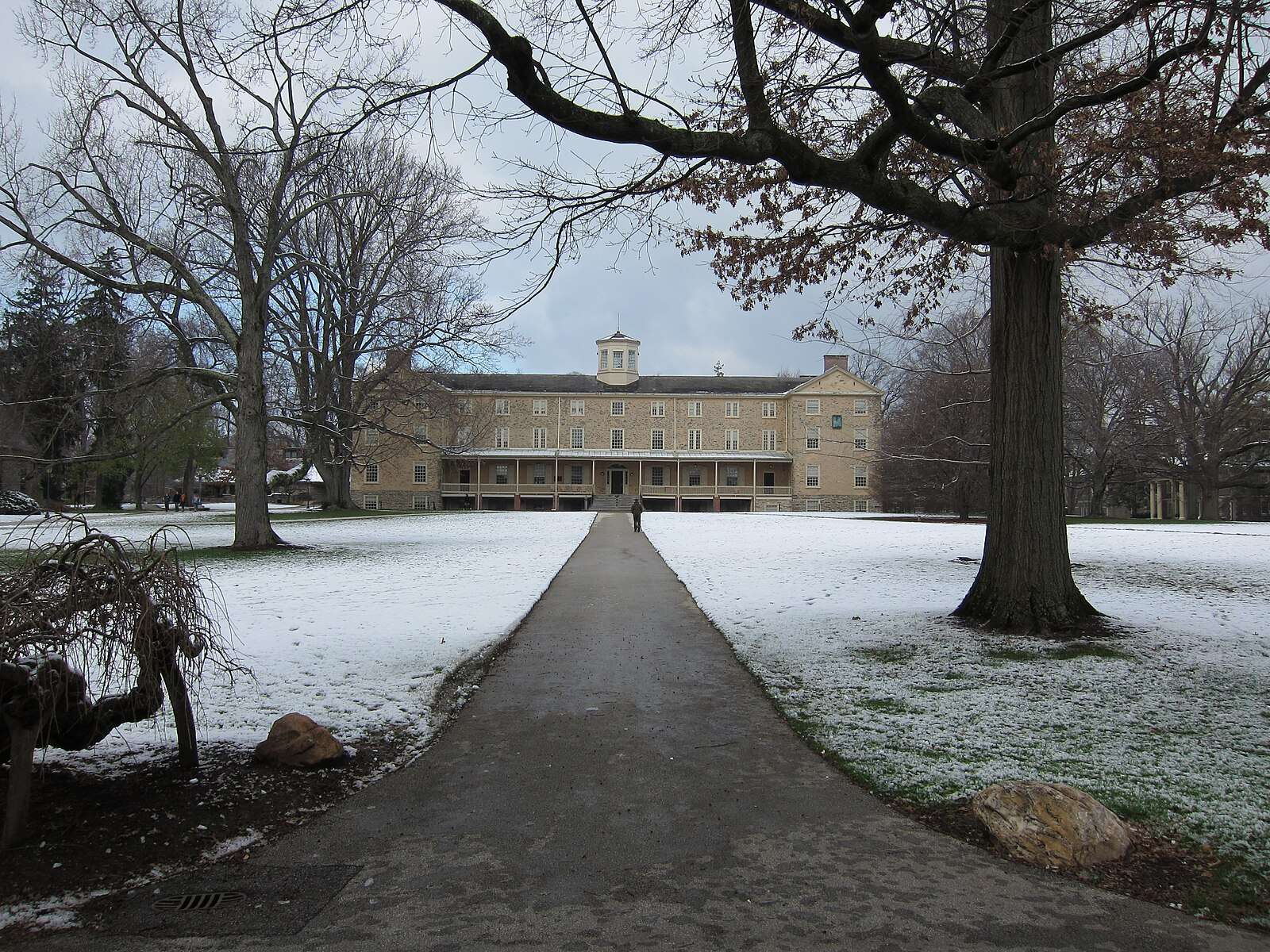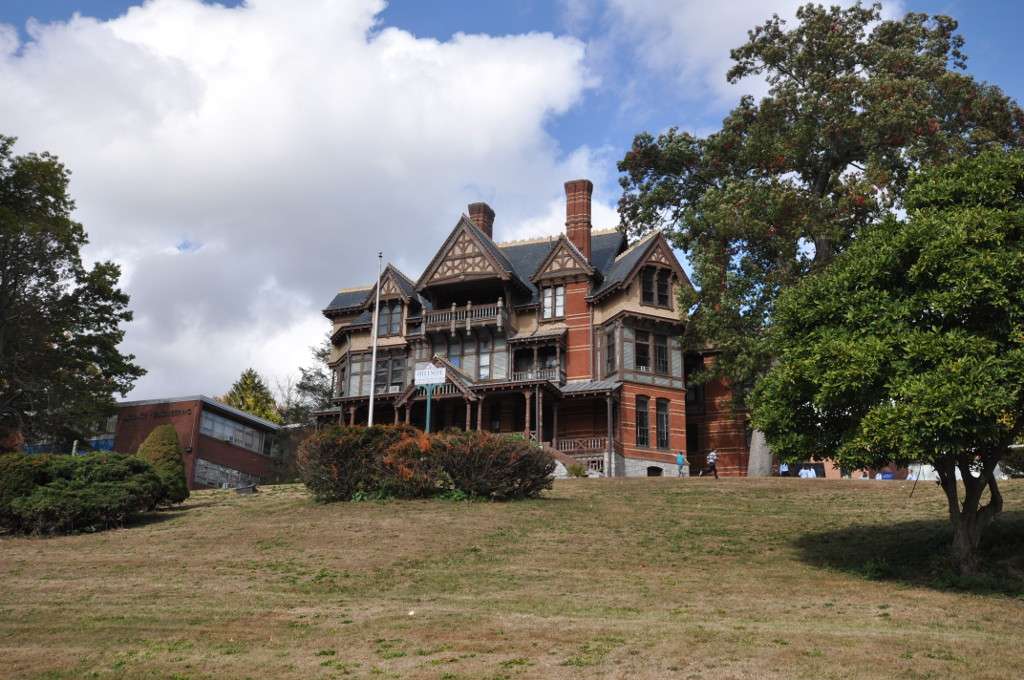The Ivy Coach Daily
The History of Legacy Admissions: When Did It Begin?

Legacy admission at elite universities is a controversial practice with highly suspect origins. The sons of alumni initially began receiving an admissions boost at Ivy League schools in the early twentieth century. At the time, increased immigration produced a new generation of driven, ambitious Jewish students with Ivy League aspirations, and Ivy League cohorts saw their demographics undergo considerable change. For example, one in five students were Jewish at Harvard University by 1921.
Intent upon maintaining the white Christian character of the student body, Harvard’s administration convened committees that reevaluated their approach to admissions. By 1934, Harvard implemented a variety of new “character”-based criteria, one of which was legacy status, to counteract growing numbers of Jewish applicants who could be admitted on the basis of merit alone. And where Harvard goes, the rest of the Ivy League tends to follow.
By the mid-twentieth century, legacy admission was entrenched as a standard practice in elite college admissions alongside other now ubiquitous application components, such as the personal essay. Even as meritocratic admissions criteria and an increased emphasis on racial diversity took hold as the century progressed, legacy admissions would continue to reign supreme, giving the children of alumni an admissions boost that some estimate increases admissions likelihood by up to 33% at certain schools.
Canaries in the Coal Mine: Top Schools Begin to Phase Out Legacy Admissions
By the turn of the millennium, a handful of colleges began to balk against the anti-meritocratic contradiction of giving legacy children an admissions boost. Some schools, like the Massachusetts Institute of Technology, never took up the practice at all. Others, like Johns Hopkins University in 2019, Amherst College in 2022, and most recently, Wesleyan University in 2023, have phased out the practice of offering preferential treatment in admissions decision-making to great effect. These schools now admit classes with higher socioeconomic diversity and fewer legacy students.
Still, the Ivy League has held out as perhaps the final bastion of the practice that must fall before the change sweeps across the higher education sphere. With the fall of Affirmative Action, this change seems increasingly likely. In 2023, the Department of Education opened an investigation into legacy and donor admissions practices at Harvard, the first nail in the coffin of a practice that has long outstayed its welcome. What’s more, Harvard Faculty of Arts and Sciences Dean Hopi E. Hoekstra told The Harvard Crimson this last October that ending legacy admissions is “under consideration” by the university (and remember what we said about Harvard setting the tone for the rest of the Ivies?).
While Imperfect, Legacy Admission Serves a Purpose
Why has legacy admission lasted so long? Some argue it’s because alumni are more likely to donate to their alma maters if they are assured their children will receive this boost in return. However, research has failed to prove a definitive link between legacy admissions and alumni donations. Others have argued that the practice is largely innocuous, simply “tipping the scale” to a legacy applicant when their application is equally as competitive as a given non-legacy applicant. Of course, if this were true, legacies would not be overwhelmingly overrepresented in pools of admitted students at elite institutions, nor would schools that phased out the practice report dramatic declines in admission rates for legacy applicants.
Many view the practice as hypocritical, a manifestation of white privilege, and un-American. At Ivy Coach, we agree! In fact, we’d take it a step further: it’s unlawful, a violation of our tax code (26 U.S. Code § 170 to be precise). It is long overdue that legacy admission be scaled down. But the irony is that legacy admission will fall just as the children of underrepresented minority alumni of elite institutions are beginning to apply to these schools in significant numbers.
We thus would caution against a complete elimination of the practice that makes no exception for the children of donors. Such development cases should be preserved so that the viability of robust financial aid programs at elite schools is not jeopardized. A pragmatic solution to be sure, but one that accounts for the imperfect complexities of this new era of elite college admissions.
You are permitted to use www.ivycoach.com (including the content of the Blog) for your personal, non-commercial use only. You must not copy, download, print, or otherwise distribute the content on our site without the prior written consent of Ivy Coach, Inc.
TOWARD THE CONQUEST OF ADMISSION
If you’re interested in Ivy Coach’s college counseling, fill out our complimentary consultation form and we’ll be in touch.
Get Started




